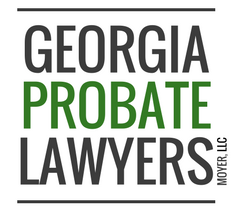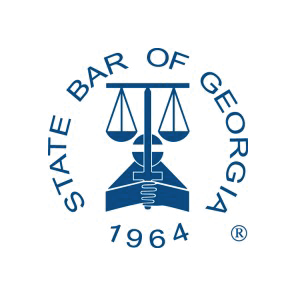
PROBATE AND ESTATE ADMINISTRATION
As you know by now, when someone you love passes away, there are many legal issues to handle. If the deceased person owned real property, stocks, bonds, or had a bank account or a vehicle, it is likely that an “estate” will need to be “opened” with the probate court in the county where the deceased person lived so that someone can be appointed to handle his or her affairs. This is true whether the deceased person had a Last Will and Testament or not. Depending on the circumstances, the person who is in charge of the estate – called the “executor,” “administrator” or “personal representative” – may be required to post a fiduciary bond, publish legal notices in the paper, and file reports with the court after opening the estate.
When the family is in agreement, the process of opening the deceased person’s estate is said to be “uncontested.” If everyone does not agree, then you are facing a “contested” probate estate. Death is a stressful, emotional time, and inheritances sometimes come with unexpected emotional baggage. Don’t worry – we can help when everyone is on the same page, or when there’s a fight about who should be in charge and who should get what.
Once the estate is open, the deceased person’s assets and property have to be collected, creditors have to be paid, and what’s left is given to the deceased person’s heirs or beneficiaries, depending on whether there was a Will. (When there’s a Will, that’s a “testate” estate. When there’s no Will, that’s an intestate estate.) Once all creditors have been paid, all of the deceased person’s assets have been transferred, and all required reports have been filed with the court, the “personal representative” will need to go to court a second time to “close” the estate and be officially relieved from the fiduciary responsibilities associated with the position.
Though the “probate” process in Georgia is not as expensive as in some other states, it can still be confusing upon your first encounter. I know that stepping into the shoes of a deceased parent, grandparent, or spouse to conclude their affairs can feel like an overwhelming burden. You want to do what’s right, and respect your loved one’s wishes, but you just aren’t sure how to do it. That’s where we come in. Our mission is to provide skilled, responsive representation in estate cases. We take the burden off of your shoulders. We guide you through the court efficiently. We direct you through the maze of estate administration, explaining the “legalese” we encounter along the way, just like we have here. We make estate administration easy on you.
If you’re ready to resolve the final affairs of your family member now, so that you can get back to living your life, give me a call.
We also can help with trust adminstration.





